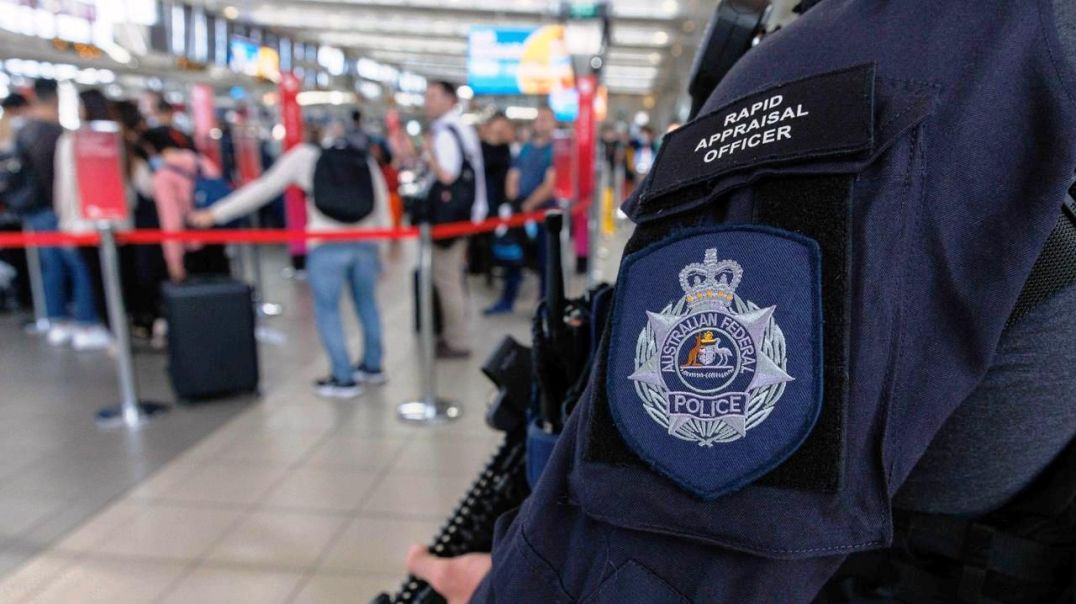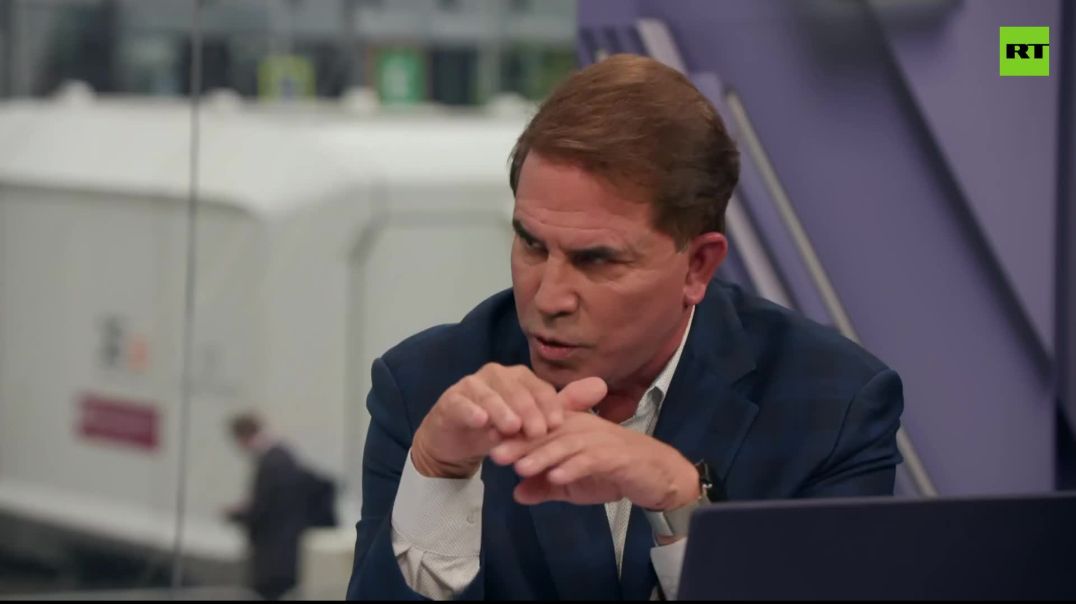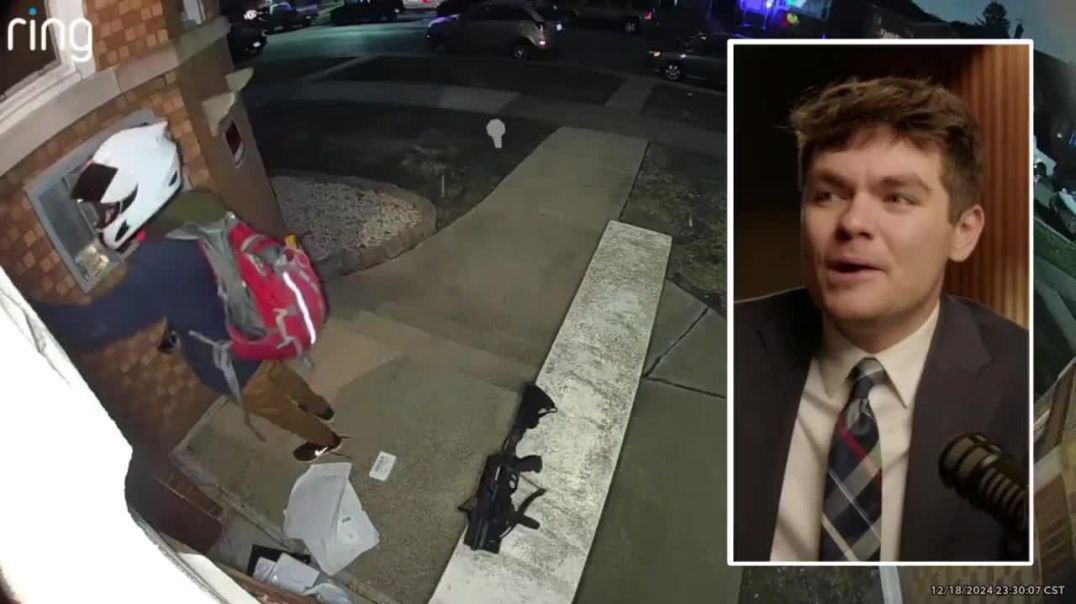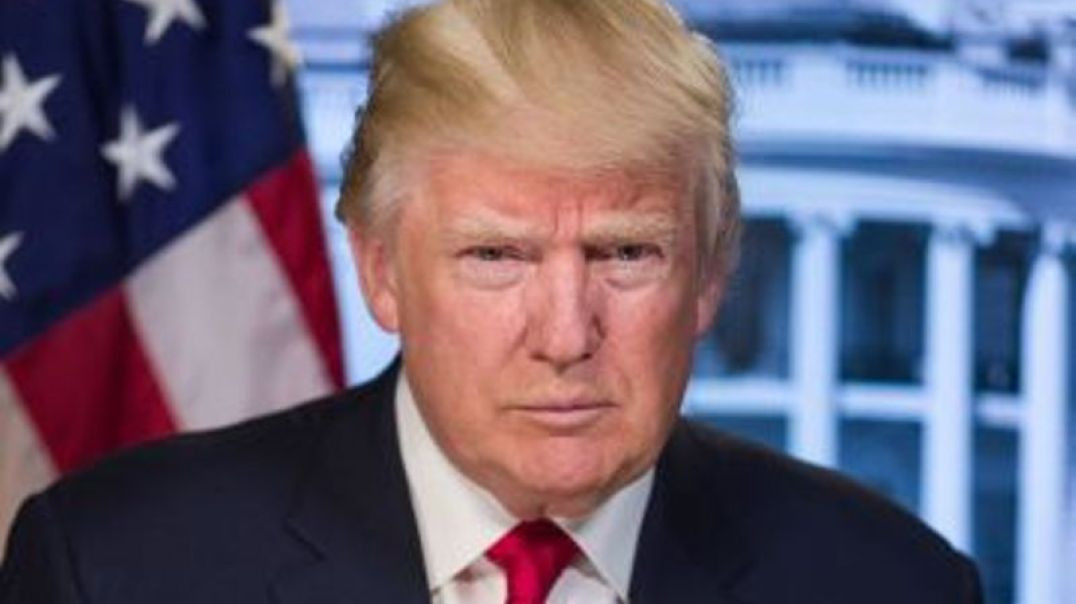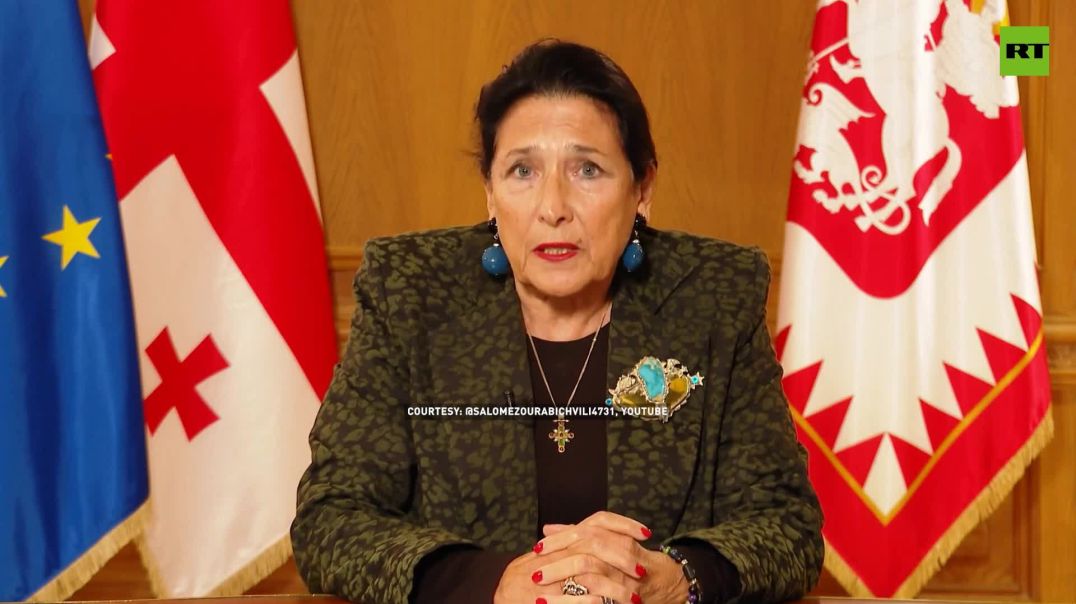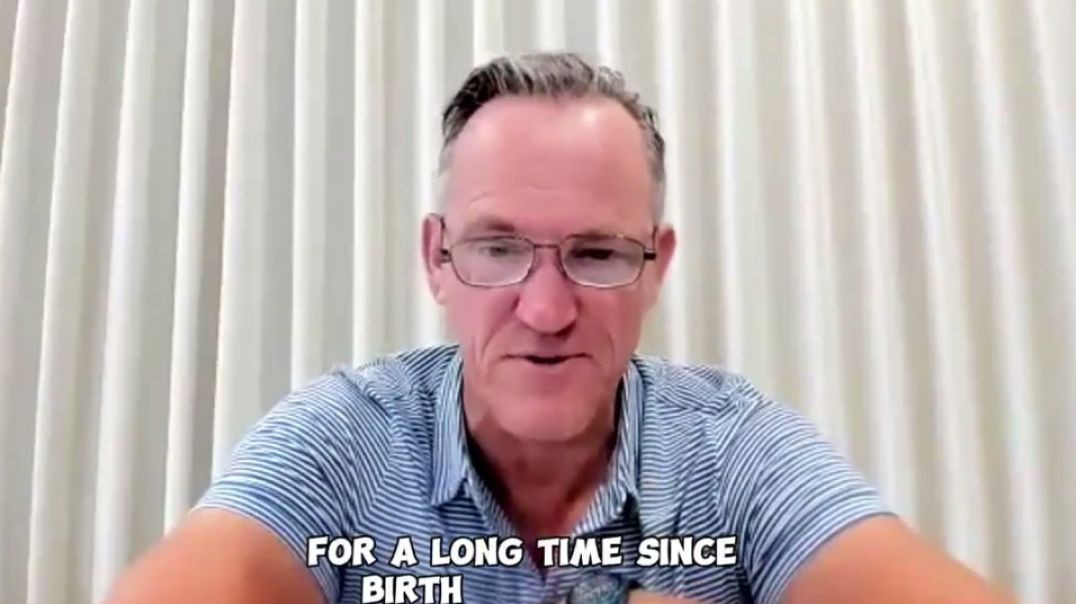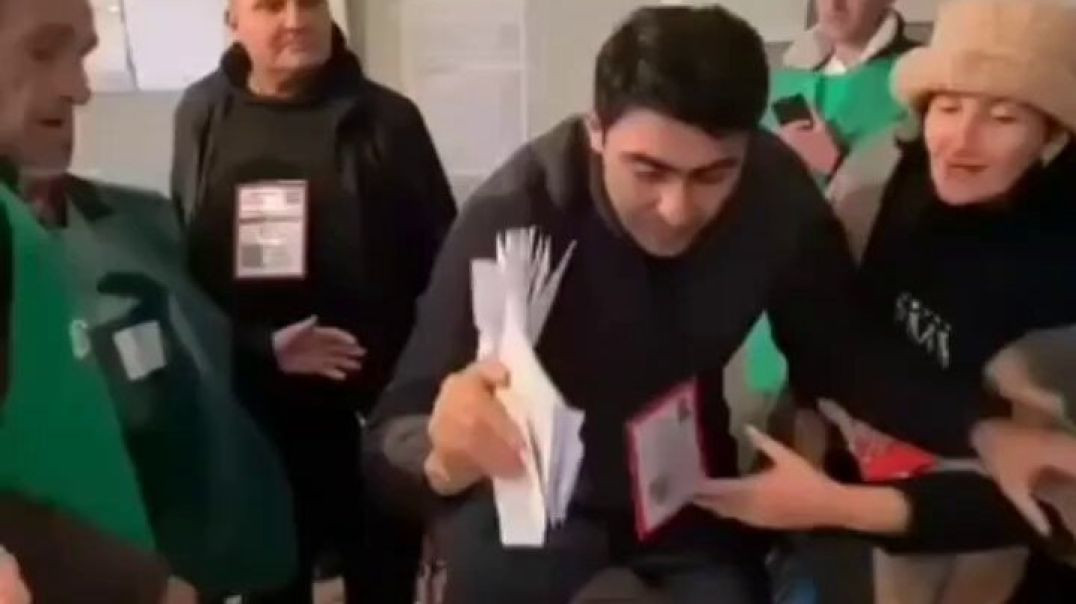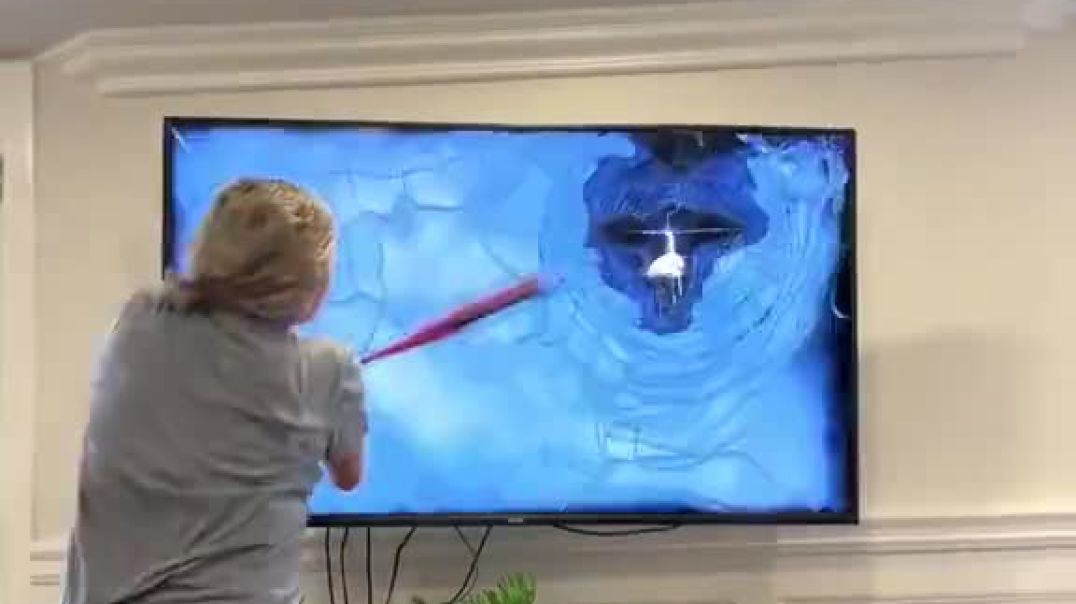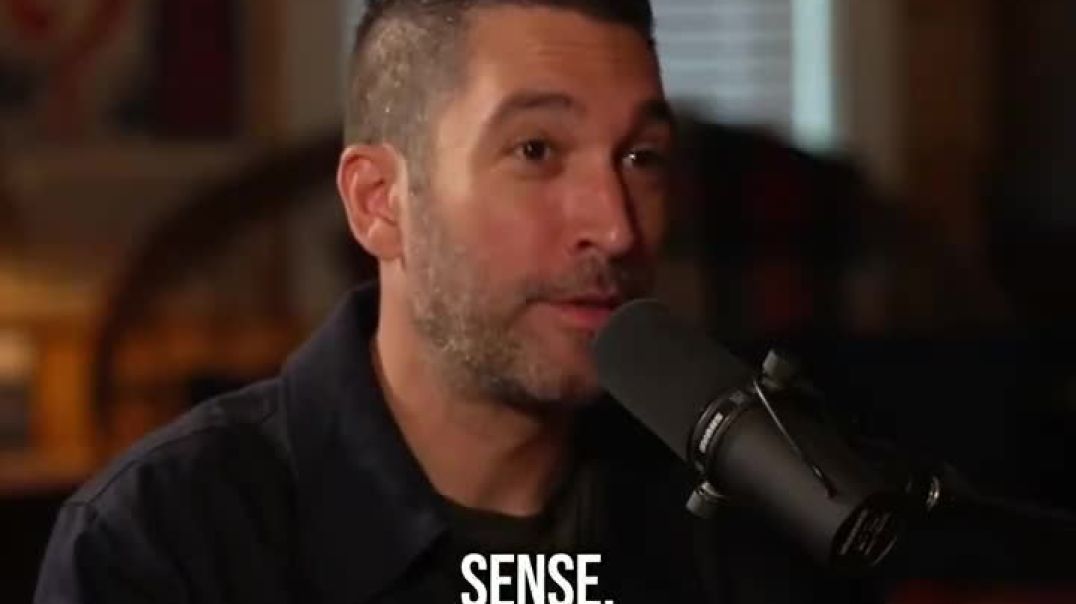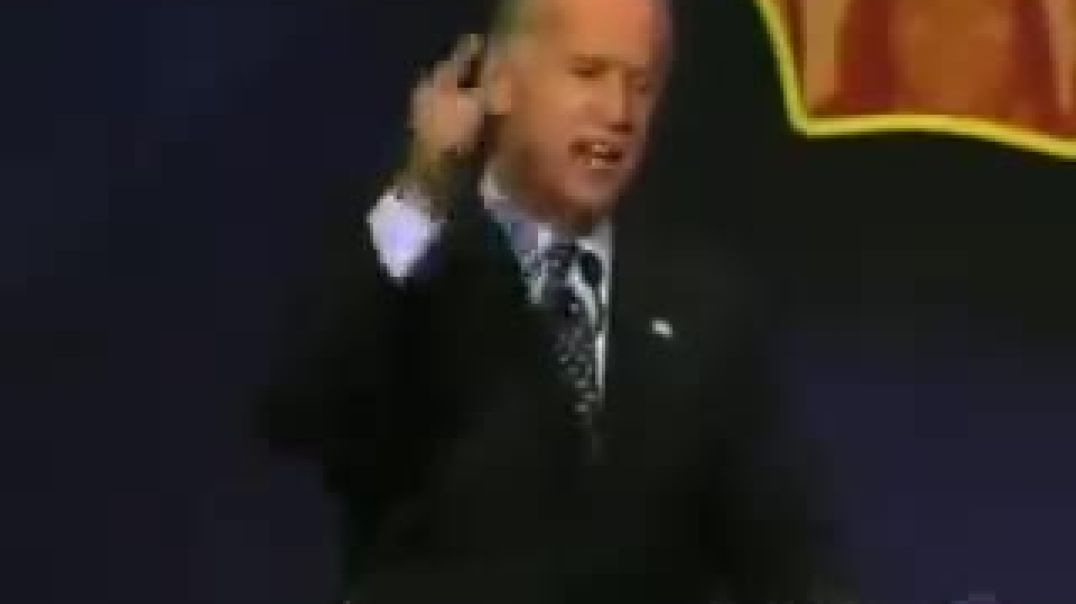Please donate now to help fund our work
- Film & Animation
- Music
- Pets & Animals
- Sports
- Travel & Events
- Gaming
- People & Blogs
- Comedy
- Entertainment
- News & Politics
- How-to & Style
- Non-profits & Activism
- McIntyre Report
- Jamie McIntyre uncensored
- RAW Report
- Candace Owens
- Steve Kirsch
- Tucker
- Bongino
- Elon musks
- Alan Jones Australia
- RT News
- Wayne Crouch Show
- Other
The Leo Frank Case: Chapter 12 Of 22 - Inside Story Of Georgia's Greatest Murder Mystery
A key detail in the documentary evidence is that investigators adhered to theories that Frank was the killer and that the Attorney General was prejudiced against Jews. But the same grand jury that indicted Frank for Mary Phagan's murder sought to indict this Negro for the same crime. Mr. Dorsey defended his position by blocking his move to indict a black man at every meeting of the grand jury. Some of the grand jurors were determined to indict Blacks, and Dorsey continued to protest. He is convinced that the charges against Conley will serve no purpose and will lead to miscarriage of justice, and if he stays, Attorney General Frank will be tried before Conley. An important detail of the document is that the jury voted on the propriety of presenting evidence against Conley, and Dorsey understood his point. The atmosphere on the issue was so tense that one grand juror immediately appealed to the Supreme Court and resigned from the jury on the grounds of jury bias. Before Frank could actually go to trial, another grand jury was appointed, and lawyers vehemently protested to foreman Deep Beatty, calling a meeting to consider Conley's matter. Dorsey walked unfazed, devoting virtually all of his time to preparing Frank's case. Shortly after Frank's indictment, an incident occurred that fueled hatred of Dorsey among Frank's sympathizers. In a roundabout way, he claims that Albert McKnight, Minola's husband and Salig family cook, has sensational evidence of Frank's behavior in the home, as well as alleged testimony from family members. I found out Detectives Stearns and Campbell were also present when Minola McKnight, who lives at 351 Pulliam Street, Atlanta, Georgia, testified that Mr. Frank left his home at 8:00 a.m. on the morning of Saturday, April 26, 1913 and her husband Albert and she was there. Albert had gone home that night, but he came back. Mr. Frank returned home at 07:00. Albert got back at 1:15 that afternoon and Mr Frank joined him at 1:30. When the narrator arrived on the scene Sunday morning, he saw a man in a car fetching a bucket of water and pouring it into it. Mr. Frank's wife, Miss Lucille, was downstairs, and Mr. and Mrs. Bailey were upstairs. Albert was there on Sunday morning, but the narrator cannot remember when he got there. Mr. and Mrs. Bailey and Mr. Lucille were having breakfast together, but Mr. Frank was gone. After dinner, Mr. Lucille, Mr. and Mrs. Baily were talking about the girl who was caught in the office on Saturday with Mr. Frank. Lucille said she was Jewish and Mr. Frank said it was Gentile.
On Tuesday, Frank said it was Menorah and he may have to go to jail. A woman, Mrs. Frank's sister, Ms. Rosalind, told Ms. Lucille that this was terrible and that she would look into it. She said on Sunday, Lucille said Frank didn't sleep very well on Saturday night. Lucille told Sailing that her husband, Frank, was in trouble and asked him to get a pistol and kill himself. Mrs. Frank did not see her husband for two weeks before visiting. When she left her home to go to her attorney general's office, they told her to be careful with what she said. A week she was getting $350, but last week she was paying $4 and one week she was paying $650. When she left home to go to the attorney general's office, they told her to be careful with what she said.
Miss Lucille tipped her $5 to keep her quiet. Detective Stearns was in some way influenced or threatened to make this statement. A key detail in the document is that Miniola McKnight was arrested and imprisoned for refusing to testify falsely against her husband. woman. Defendant's wife, Lucille Salig Frank, one of the most prominent Jews in the South, undoubtedly skinned the attorney general and detectives. Lucille Salig Frank said her Attorney General's actions to arrest and imprison her for not willingly giving her false testimony against her innocent husband He said he was trying to limit his patience.
The following statement in the Atlanta Journal attempts to trace the course of her arrest to the point where she was whisked in a hysterical state and whisked away to the police station in a patrol car. Dorsey Her Dorsey was taken to the law firm and interrogated for over an hour by Detectives Darnes and Campbell. During the examination, she became hysterical and was tortured for four hours under third degree law. Her husband was also taken to the police station, but she was released shortly before her wife was released. GC February was asked to take full note of her remarks. This is the longest testimony the woman has ever given to the mystery.
The blacks were calm when the lawyers swore to abide by the law and came out after questioning alleging that they had violated the law and tortured them. A key detail of the document is a plan to torture witnesses until the victim's desired affidavit is obtained. The plan is to torture until the victim gives the desired affidavit, but not before. It is hoped that no civilized country can be convicted of murder by torture on the basis of testimony. Lawyers continue to use third-degree testimony, wanting to keep the jury secret about the techniques they use. In this case, if he can torture a witness as he wishes to testify against her innocent husband, he can force all other men in the community to testify against him.
An important detail of the document is that the cook signed an affidavit exempting him from four hours of exhausting torture under the Atlanta Constitution. This torture process may be used to produce testimony that will be published in newspapers to bias the cases of those whose attorneys deem it appropriate to prosecute. It is also important to prevent anyone from presenting facts in favor of the defendant. Once the lawyers know this, they can arrest and torture the witnesses. Her husband was at home at noon and in the evening at the times her husband indicated on the day of her murder. He didn't do anything out of the ordinary, and he didn't do anything that aroused the slightest suspicion. There is no evidence against him other than that brought about by torture. Of course, this kind of evidence can be brought against anyone in the world. Ms. Leo M. Frank is the wife of a man charged with the brutal murder of a factory girl. As slander spread in the community that they were not happily married, and every conceivable rumor to the detriment of her and her husband, she I had to endure the world. Mrs. Frank knows her husband is innocent, but she doesn't understand the tricks and tricks of detectives and prosecutors.
Lawyers at the trial claimed that Frank did not approach her husband for two weeks after her imprisonment. Frank's testimony included this reply from a lawyer who read a statement published in an Atlanta newspaper and signed by Leo M. Frank. A key detail in the document is that the Fulton County Attorney General maintains a policy of refraining from newspaper interviews or explanations of the evidence the state must rely on to convict and punish perpetrators of this crime. is. A grand jury of impartial and respected community members presents indictments, and the Attorney General is tasked with assisting law enforcement by prosecuting those accused of wrongdoing. He welcomes any evidence from any source that would help an impartial jury headed by a court determine the guilt or innocence of a defendant.
The most important detail of this text relates to the prosecutor's position. Prosecutors must not allow compassion for innocent people to prevent vigorous prosecutions of those charged with committing crimes. Hugh M. Dorsey was admired for his stance by city and state workers, and anti-Frank public sentiment continued to grow. Frank's attorney, Luther Z. Rosser, accused Chief Ranford of dishonesty in his investigation and publicly accused janitor Jim Conley of the crime. As this was recognized as the determinant of the incident, it became the determinant of the incident.

